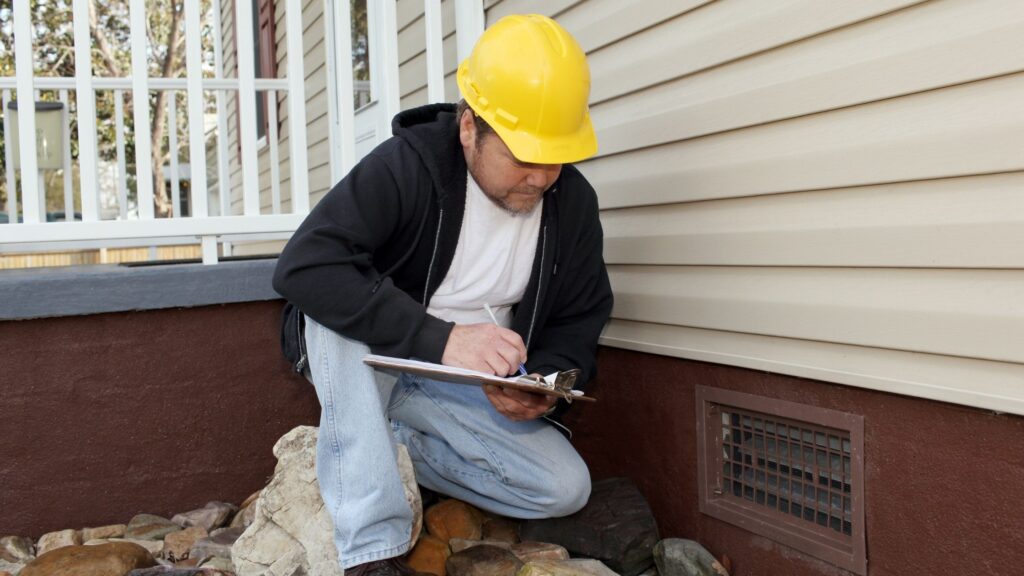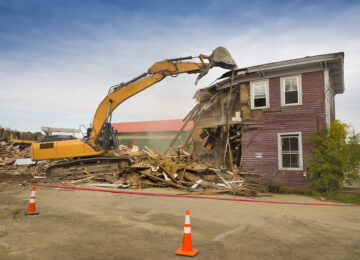Apartment and house inspections, let’s first understand what a building inspection entails. A building inspection is a thorough evaluation of a property’s condition, focusing on its structural integrity, safety, and compliance with local building codes and regulations. The primary goal of an inspection is to identify any existing or potential issues that may affect the property’s value, livability, or safety.
Apartment inspections
Apartment inspections are typically conducted in multi-unit residential buildings, such as condominiums or apartment complexes. These inspections are often more complex than those for single-family homes due to the shared spaces and systems within the building.
- Common areas
The critical aspects of apartment inspections are the evaluation of common areas. These include lobbies, hallways, stairwells, elevators, and shared amenities like fitness centres or swimming pools. Inspectors assess the condition and safety of these spaces, ensuring that they meet the required standards and regulations.
- Building systems
Apartment inspections also involve a comprehensive review of the building’s shared systems, such as the electrical, plumbing, heating, ventilation, and air conditioning (HVAC) systems. Inspectors check for proper functioning, safety, and compliance with local codes. They may also assess the condition of the building’s roof, foundation, and exterior elements.
- Individual units
While apartment inspections primarily focus on shared spaces and systems, they may also include an evaluation of individual units. Inspectors assess the condition of the unit’s interior, including walls, floors, ceilings, windows, and doors. They also check for any signs of water damage, pest infestations, or other issues that may affect the unit’s livability.
- Compliance with regulations
Apartment inspections ensure that the building adheres to local zoning laws, fire safety regulations, and accessibility requirements. Inspectors verify that the property has the necessary permits, certifications, and documentation to operate as a multi-unit residential building check more info here https://vitalbuildinginspection.com.au.
House inspections
House inspections, on the other hand, are conducted for single-family homes or individual dwelling units. These inspections are generally more straightforward than apartment inspections, as they focus on a single property rather than shared spaces and systems.
- Structural integrity
During a house inspection, the inspector assesses the overall structural integrity of the property. This includes evaluating the foundation, walls, roof, and framing to ensure that they are sound and free from any significant defects or damages.
- Systems and utilities
House inspections involve a thorough evaluation of the property’s systems and utilities, such as the electrical, plumbing, heating, and cooling systems. Inspectors check for proper functioning, safety, and compliance with local codes. They also assess the condition of the home’s appliances, fixtures, and other mechanical components.
- Interior and exterior
Inspectors examine the interior and exterior of the house, looking for any signs of damage, wear and tear, or potential hazards. This includes assessing the condition of the walls, floors, ceilings, windows, doors, and siding. They also check for any evidence of water intrusion, mould growth, or pest infestations.
Importance of building inspections
- Safety
The primary purpose of a building inspection is to ensure the safety of the occupants. By identifying potential hazards or structural issues, inspections help prevent accidents, injuries, and even loss of life.
- Informed decision-making
Building inspections provide valuable information to buyers, sellers, and property owners. The inspection report helps them make informed decisions about the property, whether it’s related to purchasing, selling, or making necessary repairs and improvements.
- Cost savings
Identifying and addressing issues early on through a building inspection save significant money in the long run. By catching problems before they escalate, property owners avoid costly repairs or renovations down the line.
Building inspections ensure that properties comply with local building codes, zoning laws, and safety regulations. This protects both property owners and occupants from potential legal liabilities and fines.










